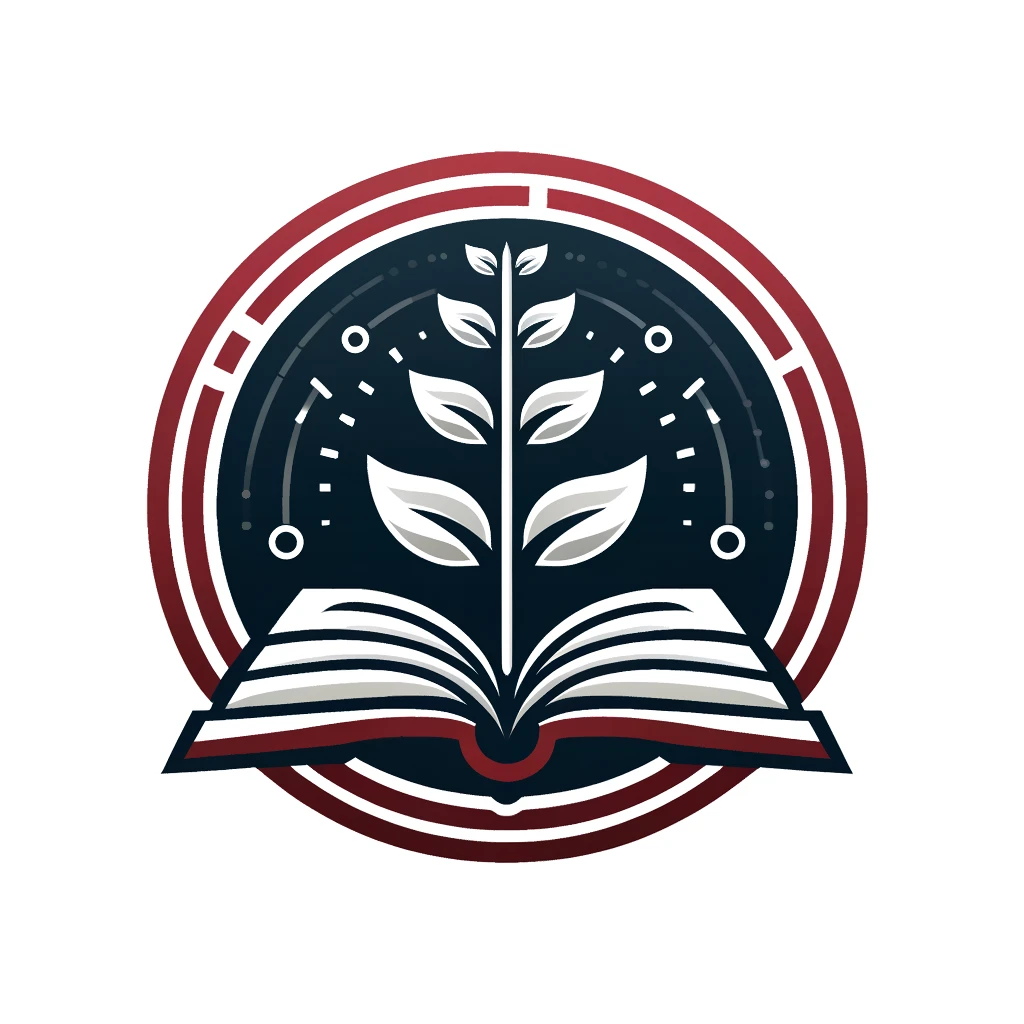Peek into the future with AI in Leadership
What’s the Big Deal?
Artificial Intelligence (AI) is a game-changer in the business world. It’s not just about robots taking over jobs; it’s about making companies smarter and more efficient. But this change raises questions. Will AI take away jobs? Can we trust it? How do we work alongside AI? David De Cremer’s book, “Leadership by Algorithm,” dives into these questions and more.
Key Ideas
AI is Here to Stay
- AI is becoming a big part of business. It uses smart programs to process data and make decisions. AI has already beaten human champions in complex games and will soon guide businesses to make better choices.
- Experts say AI will add $13 trillion to the world economy in the next decade. This means big changes in how businesses are run.
AI in Management
- Management involves planning, budgeting, and checking on tasks. AI is great at these because it handles lots of data quickly and accurately.
- For example, some companies use AI to track how well employees are doing and if they’re following rules. AI can even predict if someone might quit their job.
Humans Still Lead
- While AI can manage tasks, it can’t lead like humans can. Leadership involves vision, inspiration, and social skills—things AI doesn’t have.
- People often don’t trust AI to make important decisions. So, while AI can help leaders, it can’t replace the human touch needed for true leadership.
Soft Skills Matter
- As AI takes over repetitive tasks, humans need to focus on skills like empathy, creativity, and adaptability.
- Jobs that require emotional intelligence and quick thinking will become more valuable. AI isn’t good at being creative or adapting quickly, which are human strengths.
Working with AI, Not Against It
- The future should be about humans and AI working together. AI can handle data-heavy tasks, freeing humans to focus on creative and strategic work.
- For example, Hyundai used robotic exoskeletons to help workers lift heavy objects, enhancing their abilities rather than replacing them.
Trusting AI
- People often fear AI will take their jobs or that it can’t be trusted. To benefit from AI, companies need to explain how it works and why it’s helpful.
- Understanding that AI is a tool that can enhance their work, not replace them, can help employees feel more comfortable with it.
Final Thoughts
AI is set to revolutionize business, but it won’t replace the need for human leadership and creativity. By creating an environment where AI handles routine tasks and humans focus on what they do best, businesses can thrive in the age of AI. Overcoming fears and understanding AI’s role will be key to this transition.
Actionable Advice
Get ready for the AI future by developing your soft skills. Creativity, empathy, and adaptability will set you apart in a workplace where AI does the routine tasks. Learn to see AI as a helper that enhances your abilities, not as a competitor.



